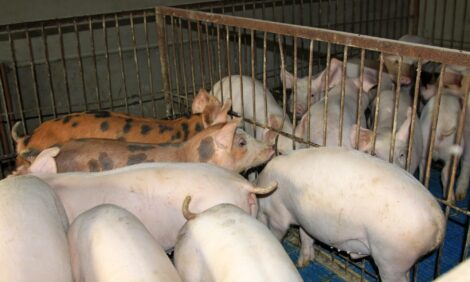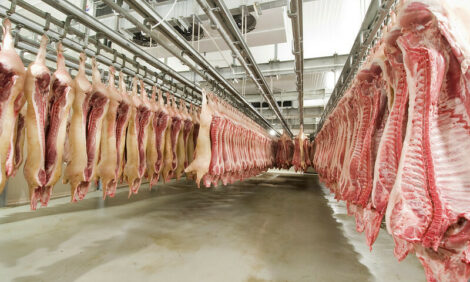



How Ancestral Diets Compare with Modern Eating Habits
UK - A paper by dietitian Dr Carrie Ruxton has been published in a leading health magazine, Complete Nutrition, exploring man’s ancestral diets and how they compare with modern eating habits.Carrie, a member of the Meat Advisory Panel which is supported by BPEX, examined when man’s ancestors first moved over to an omnivorous diet and then more closely examined the Palaeolithic diet with comparisons to today.
Comparatively recently, dietary changes have occurred but in too short a time for the human genome to adapt which could explain the high levels of certain diseases, such as cardiovascular disease, Type 2 diabetes and cancer.
Carrie said: "There is clear evidence that man evolved as an omnivore. Animal products were a significant part of the diet of early humans and were inextricably linked with subsequent changes in brain size and the acquisition of skills.
"Later dietary shifts towards a largely cereal-based diet are believed to have happened too quickly for our genome to adapt successfully, increasing the risk of non-communicable diseases.
"While the modern version of the Palaeolithic diet needs further research, there is growing evidence that a diet of lean red meat, fish, fruits, root vegetables, eggs and nuts could offer metabolic benefits and support weight management."
Carrie said a number of studies had been carried out where people ate diets rich in Palaeolithic foods and these revealed significant and positive changes to markers of disease. She also highlighted the ‘apparent lack of association’ between high meat diets and cardiovascular disease our ancestors suffered.
She said: "Red meat is often highlighted as a risk factor in observational studies. But despite consuming far more meat than would be recommended in Western countries, (hunter gatherer societies) have a far lower incidence of such conditions."
It looks like the answer to today’s health woes could be found in the diets of our 10,000 year old ancestors.






